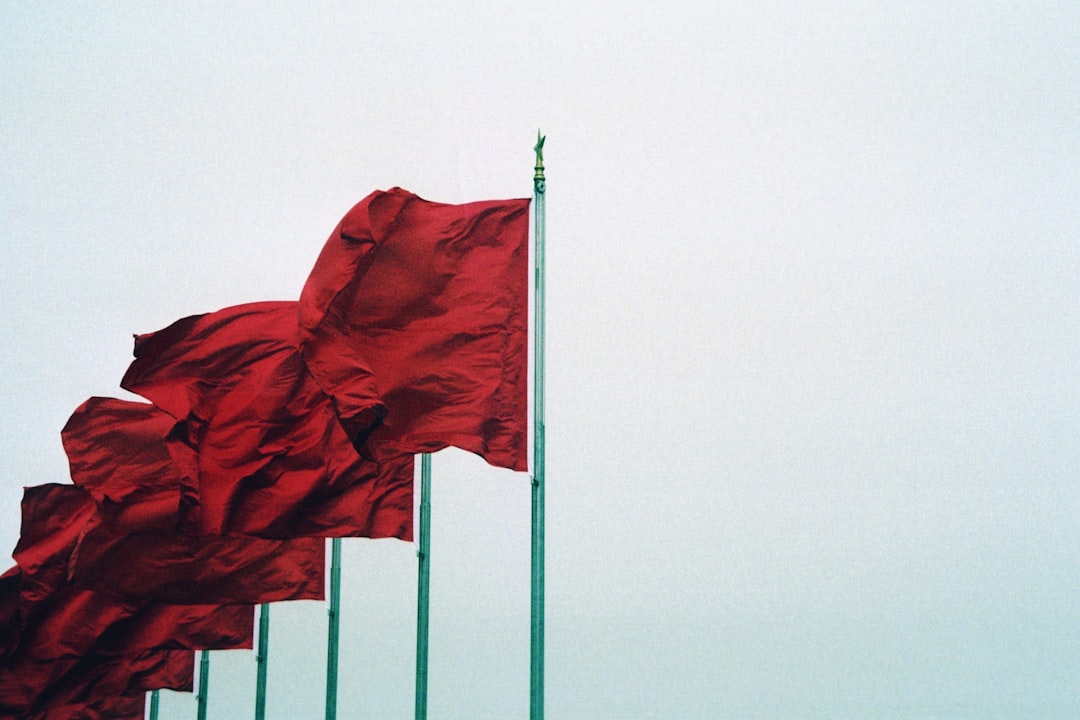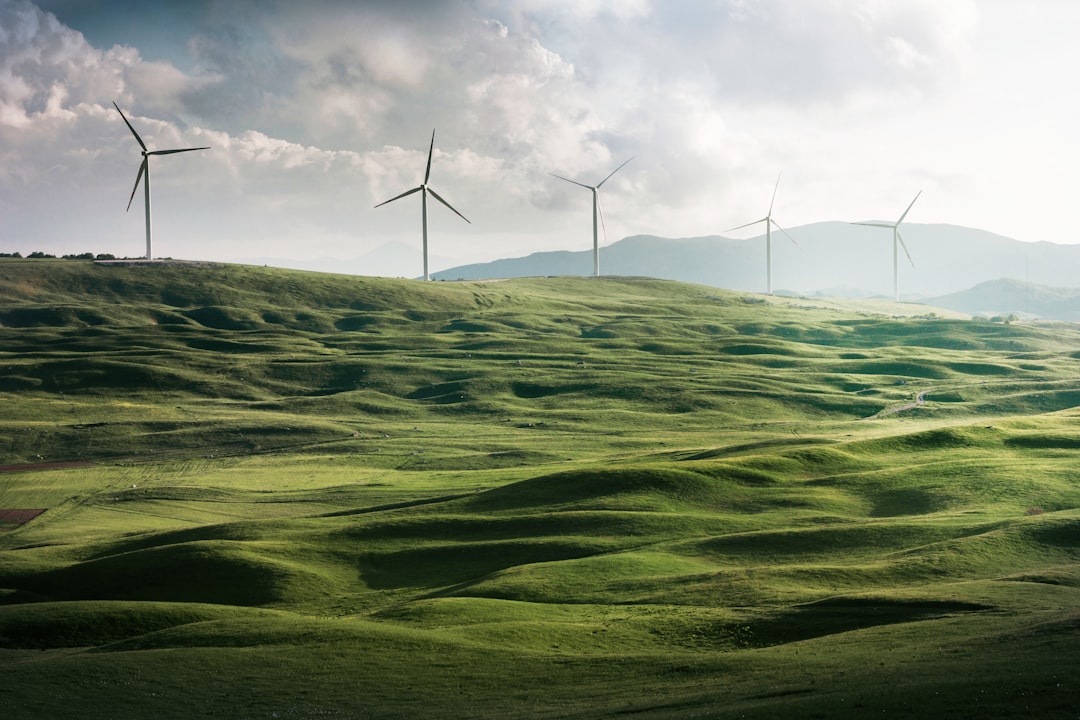What is it about?
The Baloch nationalism has been shaped in the process of widespread politico-tribal rivalry, in the context of a week state in Pakistan interacted with the post-cold war conditions marked by the absence of the Soviet Union hegemonic power, and the processes of globalisation. In this framework, the attitudes, scope and directions of the Baloch nationalism, in this area, have shifted. The radical nationalism predominantly has become more aggressive, more exclusionary, more puritan and more ethnically oriented.
Featured Image

Photo by Zohaib Khan on Unsplash
Why is it important?
To understand the dimension of ethnic conflicts in a turbulent society. It shows that how the weakness of the state in Pakistan, particularly after the end of the cold war and then an invasion of Afghanistan by the US forces, created a fertile ground for the emergence of a more puritan Baloch ethnic nationalism.
Perspectives
I am very hopeful that all sides of the conflicts, not only Pakistani officials but also particularly the Baloch people who severely suffer from the current troubles, think about finding more constructive and humane alternatives.
Dr Hoshang Noraiee
Read the Original
This page is a summary of: The Baloch nationalism in Pakistan: Articulation of the ethnic separatism after the end of the Cold War, Journal of Eurasian Studies, February 2020, SAGE Publications,
DOI: 10.1177/1879366520901920.
You can read the full text:
Contributors
The following have contributed to this page










